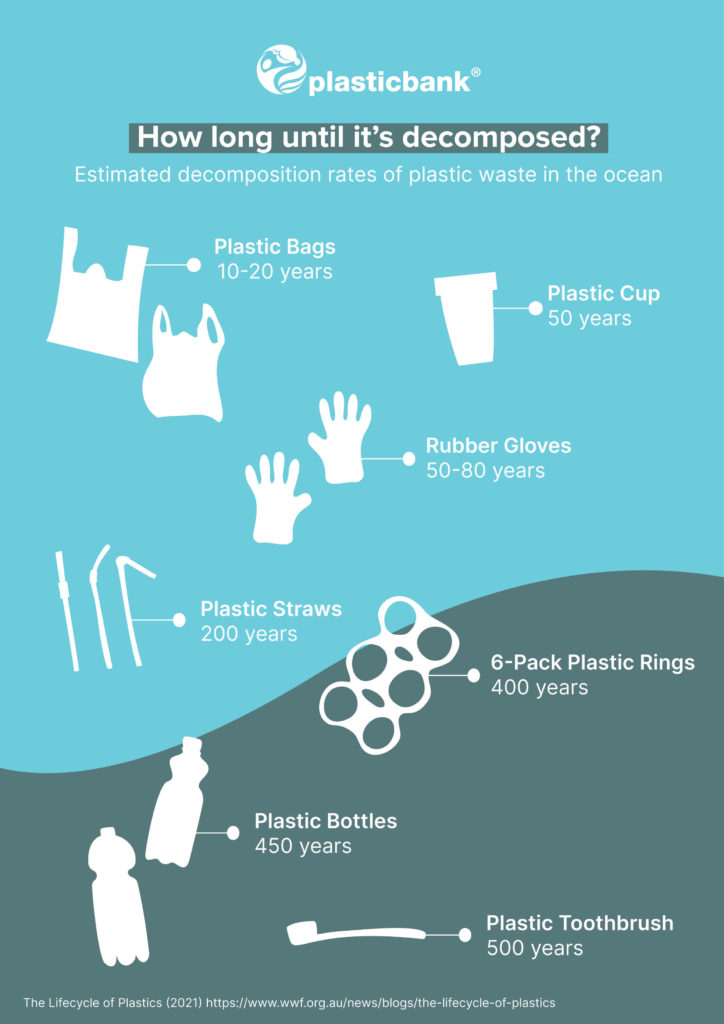
Scalable solutions for stopping ocean plastic and poverty
Photo by GuerrillaBuzz Crypto PR on UnsplashMake sure your approach has positive, measurable impacts that can be brought…
Are you sure you want to remove this item from cart?

Written by
on
3 minutes to read

We’ve spent hundreds of years extracting materials to make products that end up in waste piles. This model of manufacturing is linear — you put stuff in, you get something, you use it, then throw it out. This practice is making our planet less habitable every passing minute; running it out of materials and covering it in trash.
The circular economy puts a stop to the linear model. Nothing is thrown out and there is no waste leaking into the environment. Waste is eliminated by repairing, reprocessing, or recycling products, capitalizing on the opportunity to reuse waste wisely. These processes minimize negative environmental impacts.
We need an economy that learns from nature and works to preserve it. Every plant, every drop of water, every rock exists within a circular system that never produces waste. Why can’t our economies be the same? The only reason people see a used plastic bottle as worthless is because of its shape. For instance, the same plastic bottle that litters a waterway can be reprocessed, turned into pellets, and used as feedstock for recycled ocean-bound plastic products.
Various types of plastic waste can be recycled, but just because it can be recycled, doesn’t mean it will be recycled. Some plastics are too expensive or too technically difficult to recycle on a massive scale. For instance PET plastic (the type most commonly used in most water bottles) is often recycled, but LDPE plastic (the type used to make plastic bags) is often not recycled as it clogs machinery. Organizations like Plastic Bank have found ways to recycle several different kinds of ocean-bound plastic including PP, PET, HDPE, and LDPE.
Everyone shares the desire to solve our environmental problems. The circular economy is a remedy for a business contradiction: values vs. value, purpose vs. profit. It fits naturally into a capitalist system while working to make businesses sustainable for the planet. It allows us to approach plastic as a valuable resource and not something that should be thrown away after a single use. The push towards a circular economy is an effort to preserve what is working well, but can no longer handle the problem we created. After all, plastic takes so long to naturally decompose, it should never be discarded into the environment. If you don’t know the numbers already, you’ll be surprised to learn how long our common household items take to decompose.
According to rough estimates, within the time it takes for a plastic bottle to decompose, we could make 400 round trips to Mars or travel 150,000,000,000 miles through space. By the time your disposable diaper decomposes, your great, great, great, great grandchild will already be dead.

Image: Plastic Decomposition by Morla Angelia for Plastic Bank
The circular economy thrives on demand and entrepreneurship. It has the ability to solve issues exceptionally fast because businesses want to please their consumers. So how can you get involved?
Here are some recommendations:

Photo by GuerrillaBuzz Crypto PR on UnsplashMake sure your approach has positive, measurable impacts that can be brought…

Dive into how Plastic Bank sets higher sustainability standards by turning discarded plastic into a valuable resource and supporting underserved communities.

Have you ever wondered where all your plastic packaging goes? The fabric conditioner you used last week, the bottled water you thoughtlessly threw in the garbage, or the countless shampoo sachets you have used in the past month – do you know where all of these go?

Photo by Markus Spiske on UnsplashWith the growing awareness of our environmental footprint, people are making more conscious choices,…